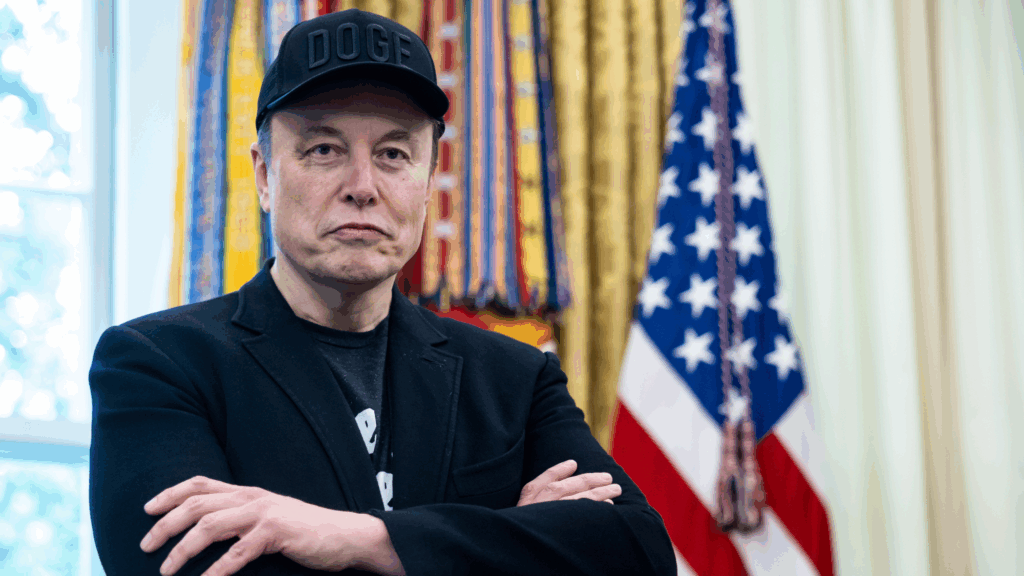
Elon Musk has announced plans to establish a new political party called the America Party, aiming to represent moderates dissatisfied with the current political landscape in the United States. The billionaire entrepreneur, known for his ventures in electric vehicles and space exploration, intends for the party to focus on curbing what he describes as “wasteful federal spending.”
This move has drawn immediate skepticism from various quarters. Former President Donald Trump dismissed the viability of third parties in the U.S., stating they have historically led to “total disruption and chaos.” Analysts have pointed out that Musk’s popularity has waned, with some suggesting that his political ambitions may be misguided.
Historical Context and Current Reactions
In an article for The Atlantic, Tom Nichols compared Musk’s ambitions to those of previous billionaire political figures. Notably, Ross Perot, who founded the Reform Party in 1996, and Michael Bloomberg, who considered an independent presidential run in 2007, both sought to challenge the political status quo. Critics like Philip Bump of The Washington Post argue that Musk’s political aspirations are unlikely to gain traction, given his declining public favor.
Conversely, some political commentators see potential in Musk’s strategy. Michael Tomasky from The New Republic noted that while previous attempts at third-party candidacies have faltered, Musk’s focus is not on the presidency. Instead, he aims to secure a few seats in both the Senate and House of Representatives, which could allow him to influence legislative decisions.
Potential for Influence
The success of third-party movements often hinges on divisions within the existing party structure. For instance, historical shifts such as the rise of the Republican Party occurred during a time of fragmentation within the Whig Party. Analysts suggest that if the Republican Party experiences significant internal strife, Musk’s America Party could capitalize on the opportunity.
Jonah Goldberg from The Los Angeles Times highlighted Musk’s innovative approach to problem-solving, citing his successful ventures in the automotive and aerospace industries. He argued that while Musk’s political journey may face hurdles, the concept of a third-party caucus could exert considerable influence in a closely divided Congress.
The narrow margins in legislative votes mean that even a small coalition could force traditional parties to collaborate across the aisle, fostering a more cooperative political environment.
As Musk embarks on this ambitious project, it remains to be seen whether he can navigate the complexities of American politics and establish a party that resonates with disillusioned voters. The America Party’s success will depend on its ability to attract candidates and voters who are eager for a change from the entrenched two-party system.







